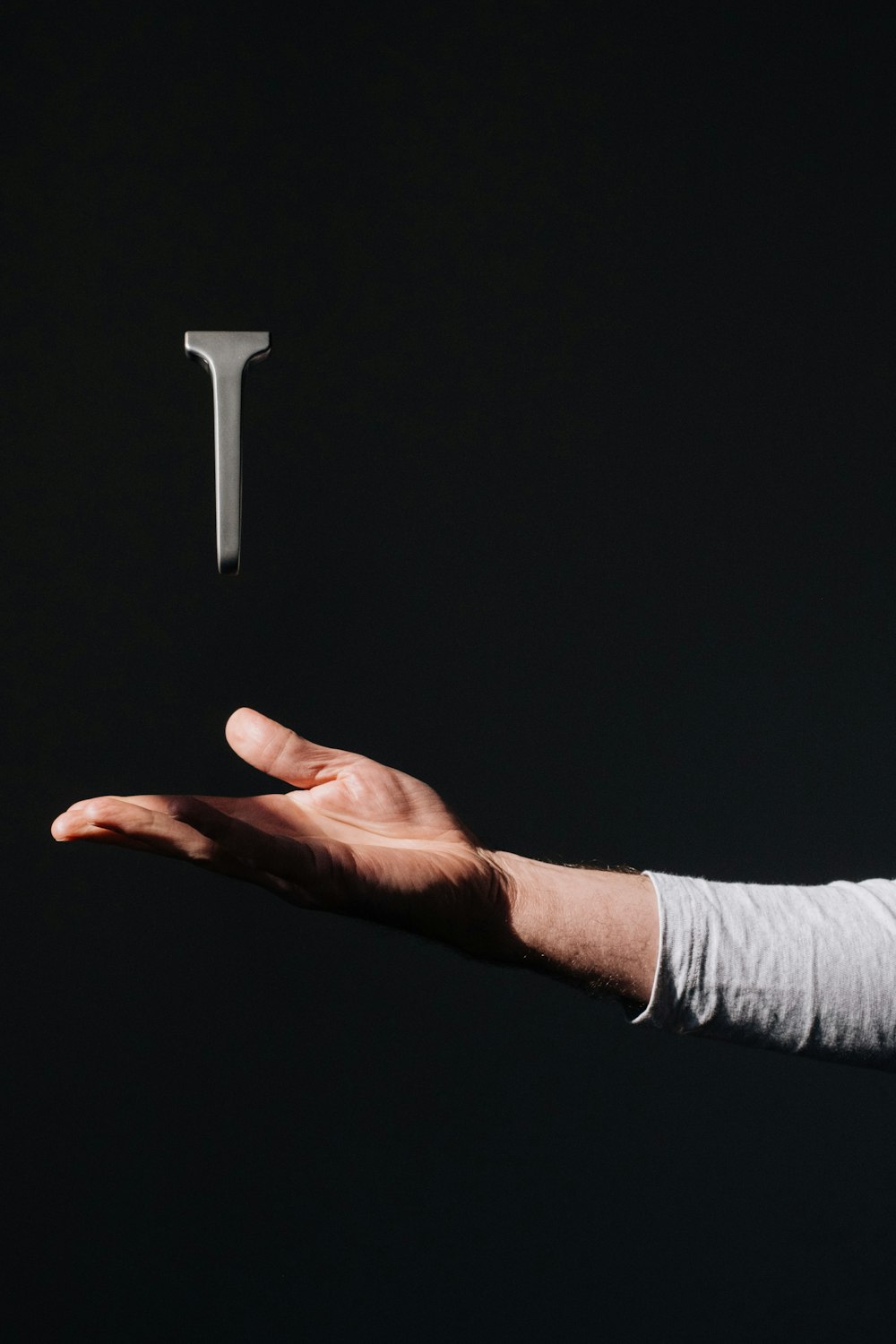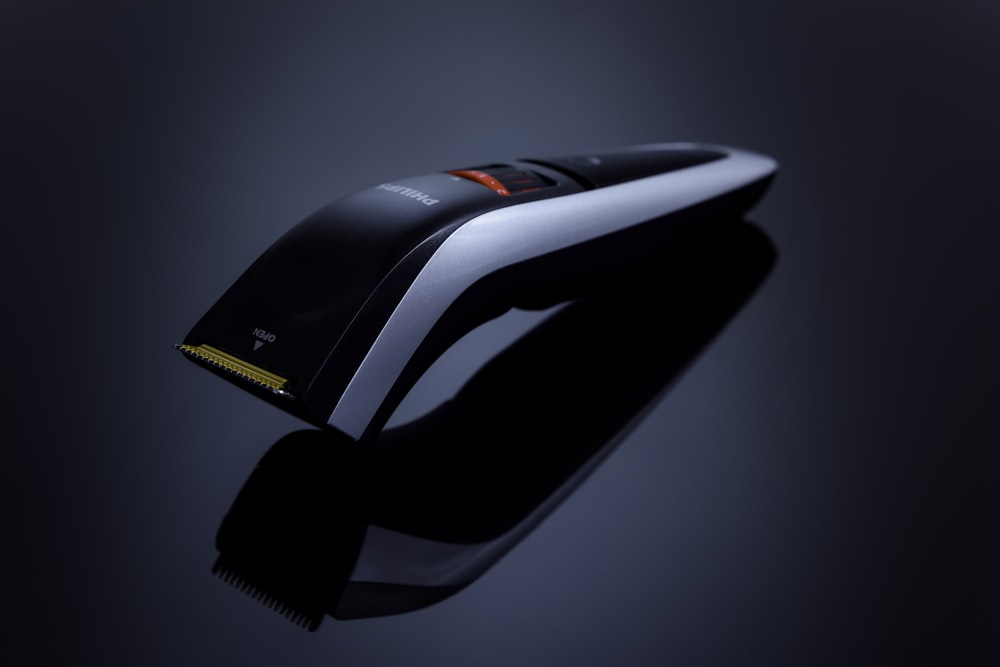Living with atopic dermatitis or also known as eczema can be challenging, especially when it comes to hair removal.
The last thing you want is to aggravate your skin or experience side effects like ingrown hairs, razor burn, irritated skin or an allergic reaction.
Ahh the things we do for unwanted hair …
Fortunately, there are hair removal methods available that cater to sensitive skin.
In this blog post, we will explore the best hair removal method for eczema, taking into consideration the needs of your skin type.
Read on to discover the best hair removal method for eczema that works for your skin.
*This post contains affiliate links. This means, at no additional cost to you, if you purchase the product, I will receive a commission. These commissions help pay for website hosting and to spread the word on healing eczema!
Table of Contents
Toggle4 Best Hair Removal Method for Eczema
1. Shaving: A Safe and Quick Solution
Shaving is a popular hair removal method that can be suitable for individuals with eczema if done with caution.
If you are shaving for the first time on your face, make sure you don’t have any plans for the next day or two in case you flare up and want to hide.
Anytime I come back from the barber shop and he uses a blade for my beard, the next day or two, my skin is slightly irritated.
But everyone’s skin is different.
Here are some tips to ensure the best results while minimizing skin irritation:
- Choose a sharp razor
- Dull blades can increase friction and cause more skin irritation.
- Opt for a sharp razor and replace blades regularly.
- Keep your shaving tools clean so we don’t compromise the skin barrier
- Use a moisturizing shaving cream or gel
- Look for hair removal creams specifically designed for sensitive skin, as they are less likely to trigger a reaction.
- Moisturizing ingredients like aloe vera can help soothe and hydrate the skin during the shaving process.
- I would even suggest to use an eczema lotion to help soothe your skin after
- Shave in the direction of hair growth
- Shaving against the grain can lead to more irritation and ingrown hairs so you can reduce these risks
Following these steps can ensure we minimize the chances of itchy skin and any other eczema symptoms.
Check out this Pre-Shave Oil by Rocky Mountain Barber to help your skin..

Post shaving, Rocky Mountain Barber has another skin safe product, their Aftershave Balm.

2. Depilatory Creams: A Delicate Approach
Depilatory creams provide an alternative to shaving that dissolves unwanted body hair or facial hair at the skin’s surface.
When using depilatory creams for eczema-prone skin, keep the following tips in mind:
- Patch test before use
- Perform a patch test on a small area of skin to check for any allergic reactions or skin irritation.
- Choose depilatory creams for sensitive skin
- Opt for products specifically formulated for dry skin, sensitive skin or eczema
- Avoid creams with strong fragrances or harsh chemicals that could trigger an eczema flare-up.
- Follow the instructions carefully
- Read the instructions for the recommended application time and avoid leaving the cream on your skin for longer than directed.
- Removing the cream promptly can help prevent skin irritation.
3. Electric Razor – Safer Alternative
Good news we have another alternative to shaving.
A personal preference of mine is using an electric razor or shaver.
I feel more comfortable using this on my affected skin.
Here’s a pros and cons list of using an electric razor so you can find the best way to use it:
Pros:
- Reduced Irritation
- Electric razors are generally designed to minimize skin irritation compared to traditional razors.
- They typically have protective features such as floating heads or foils that help prevent direct contact between the blades and the skin, reducing the risk of cuts, nicks, and razor burn while protecting your skin barrier
- Convenience
- Electric razors offer convenience and speed.
- They can be used dry, eliminating the need for shaving cream or water
- Less money spent on expensive shaving products for your eczema skin
- Less time worrying about shaving products causing you to flare up
- Less Maintenance
- Electric razors require less maintenance than manual razors
- They often come with self-cleaning systems, which simplify the cleaning process and ensure optimal performance
- Additionally, you don’t need to replace blades as frequently as with manual razors
- You just charge it overnight
Using an electric razor, trimmer or shaver is actually my preferred method of hair removal for me.
Cons:
- Less Close Shave
- Electric razors generally provide a less close shave compared to manual razors.
- Initial Cost
- Electric razors tend to have a higher upfront cost compared to disposable or cartridge-based manual razors.
- However, they can be a cost-effective option in the long run, considering the lower maintenance and blade replacement costs.
- Adaptation Period
- It may take some time for your skin to adjust to an electric razor, especially if you’re transitioning from manual razors.
- Battery Dependence
- Electric razors rely on batteries or need to be charged, which means they may not be suitable for situations where you don’t have access to electricity or when the battery runs out.
- Additionally, if the battery starts to weaken, it can affect the performance of the razor.
- Limited for Coarse Hair
- Electric razors may not be as effective for cutting coarse or thick hair compared to manual razors.
- If you have coarse hair, you may need to go over the same area multiple times or resort to other hair removal methods for optimal results.
Remember, there is actually no best hair removal method for eczema.
It all depends on your skin and how well you take care of it before and after removing hair.
4. Waxing: Longer-Lasting Results with Caution

Waxing offers longer-lasting results compared to shaving, but it requires extra care for individuals with eczema.
Here’s what you should consider:
- Consult a board-certified dermatologist:
- Before considering waxing, consult with a dermatologist who can assess your skin condition and advise whether waxing is suitable for you.
- Test a small area first
- Perform a patch test to ensure your skin doesn’t react negatively to the wax
- This will also help you gauge the pain tolerance and sensitivity of the treated area
- If you do get a flare up, try natural creams first before you try topical corticosteroids
- Choose a gentle waxing option
- Look for wax products specifically formulated for sensitive skin and avoid those with added fragrances or harsh ingredients.
Waxing can be harsh on your skin, especially that final pull.
If you don’t maintain your skin before and after a wax session, in the long run, it could compromise your skin’s elasticity.
5. Laser Hair Removal Treatment

Laser hair removal can be an effective long-term hair removal option, but it’s important to consult with a Healthcare practitioner in eczema. Here’s what you need to know:
- Professional assessment:
- A dermatologist will evaluate your skin condition and determine if laser treatment is suitable for your eczema type.
- Patch test and follow-up
- Before undergoing laser treatment on larger areas, start with a patch test to assess your skin’s reaction.
- Follow the dermatologist’s recommendations for aftercare and potential follow-up sessions.
Here are some of the common side effects you need to be aware of:
- Temporary Skin Irritation
- After laser treatment, it is normal to experience temporary skin redness, swelling, or mild irritation in the treated area.
- These effects are usually short-lived and typically subside within a few hours or days.
- Make sure to moisturize with a natural eczema cream.
- Pigment Changes
- Laser hair removal can sometimes cause temporary changes in skin pigmentation.
- This can manifest as darkening (hyperpigmentation) or lightening (hypopigmentation) of the treated skin.
- These changes are usually temporary but may persist for a few weeks or, in rare cases, several months.
- It is particularly important to protect the treated area from sun exposure during and after laser treatment to minimize the risk of pigmentation issues.
- Skin Sensitivity
- Some individuals may experience increased skin sensitivity or discomfort in the treated area.
- This can range from mild tenderness to a sensation similar to a sunburn.
- Applying a cool compress or aloe vera gel can help alleviate these sensations.
- Skin Burns or Blisters
- In rare cases, laser hair removal may result in skin burns or blisters.
- This is more likely to occur if the laser settings are incorrect or if the treatment is performed by an inexperienced practitioner.
- It is crucial to ensure that you receive laser treatment from a qualified professional who follows appropriate safety protocols.
- Scarring:
- While uncommon, laser hair removal has the potential to cause scarring.
- This risk is generally low when the procedure is performed correctly by a trained professional.
- However, individuals with a history of keloids or abnormal scarring may be at higher risk.
- Eye Injury:
- Laser hair removal involves the use of intense laser light, which can pose a risk of eye injury if proper eye protection is not used during the treatment.
- Both the patient and the practitioner should wear appropriate eye protection to ensure safety.
But Before Your Shave…

Instead of stressing about the best hair removal method for eczema you should ask yourself, why is your eczema flaring up in the first place?
How come your skin has not been able to repair itself?
Are you providing the body with the minerals and vitamins it needs?
Maybe you aren’t able to identify your root cause and your triggers.
That’s okay! Because in my 1:1 XZMA Coaching Program, I teach my clients exactly this.
If you are ready to:
✓ Be confident in your skin
✓ Say goodbye to sleepless nights
✓ Say goodbye to the endless itching
✓ Clear your red, inflamed & irritated skin
✓ Be comfortable wearing t-shirts and shorts
Booking Provided by Healthie


